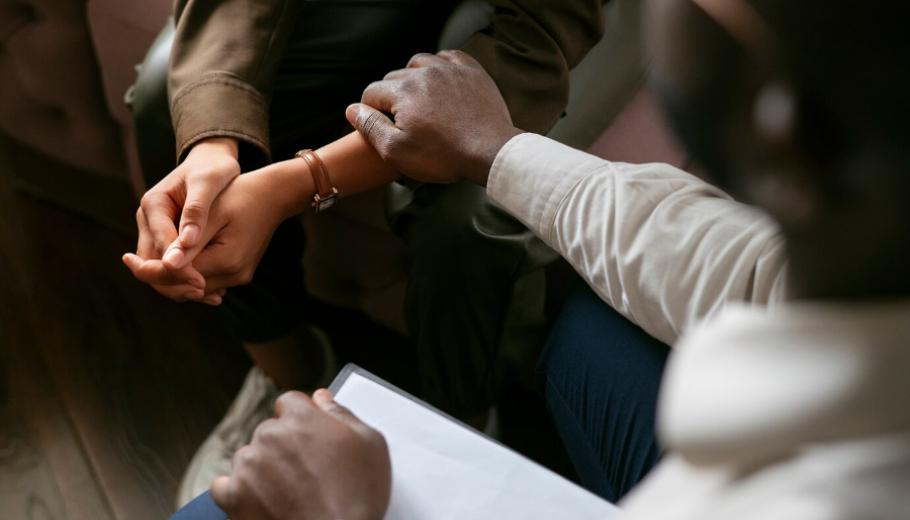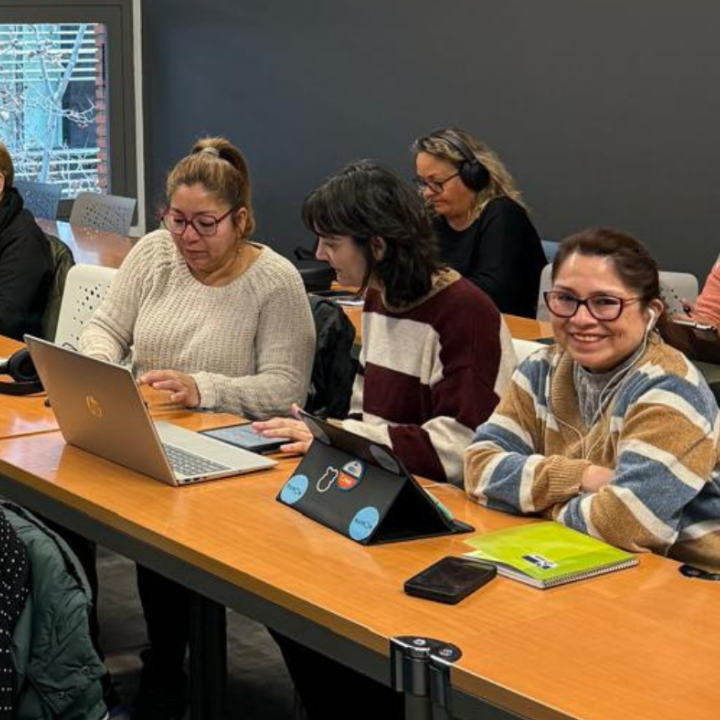In recent years, the population deprived of liberty of diverse origins and cultures has increased. This leads to a key challenge for the present and the future: how to approach intercultural mediation to guarantee coexistence in prisons and how to guarantee equal opportunities for the reintegration and rehabilitation of the entire prison population.
In December 2023, 50.3% of people deprived of liberty from various origins were according to data published by the Department of Justice of Catalonia. Data that are not collected by nationals who have experienced migratory processes themselves or their families. A much higher percentage than that found in Catalan society in general.
Beyond diverse cultures and origins, there are other factors that generate inequalities. Intersectionality also includes other variables such as ethnicity, age, sex, sexual orientation, purchasing power, studies or religion. Therefore, people crossed by multiple variables are placed in more vulnerable positions due to the generation of stigmas, prejudices, discrimination and oppression.
This reality forces us to focus on the creation of strategies that guarantee coexistence between all people deprived of their liberty while all of them, without any kind of distinction, have access to rehabilitation and reintegration itineraries. Therefore, one of the challenges in prisons is to generate a culture of peace and coexistence where a climate of equal and effective communication is established, allowing anyone to develop and carry out a successful journey regardless of origin , age, gender or any other personal characteristic.
To guarantee this, in 2019 the figure of the intercultural mediator was deployed in the majority of Catalan prisons, which this 2023 has also begun to be established in women's prisons. In the case of Suara Cooperativa, we currently offer this service to six prisons, but what is its mission and function?
Interculturality mainly focuses on two axes: the first is exchange as a form of growth and, therefore, putting on the table that diversity enriches. For this reason, it is necessary to give everyone the opportunity to have access to effective and equal communication and, at this point, this is where we enter the second axis. However, intercultural mediation should not be seen as a mere translation service, but should provide this added value to facilitate coexistence between different cultures. It should be noted that what marks our way of conceiving the world is not language, but culture. For this reason, a person who is an expert in mediation must bring a perspective that approaches diversity and, this includes knowing how to read and interpret non-verbal communication, cultural codes or thought structures, among other things.
In this context, one of the first areas of action of the person expert in intercultural mediation is to detect the resistances of acceptance towards the other, the possible fears or differences that exist between groups deprived of freedom. To face these fears towards what is considered different, it is essential to promote spaces for exchange and acquaintance, where people can get closer to the people they live with or work with in a penitentiary centre.
For this reason, intercultural mediation must promote a pedagogy that promotes spaces of trust and shared reflection between diverse people. A job that needs to be done with everyone: both with people who belong to the majority origin or culture and those who do not. In addition, the respectful look towards diversity, which is worked on in all the activities and interventions with the inmates, must also reach the different people who work in the prisons who must take it into account in the time to design their actions or lines of action.
Key challenges of the mediation service
Both the reception and the first months of a person deprived of liberty with a different origin, culture or language is a key moment for him to understand both the legislation and the operating regulations of the penitentiary center, and thus be able to act as best he considers according to the your situation For this reason, in the case of not knowing the majority language, inter-cooperation between the different professional roles that work within the penitentiary center is essential so that he knows his rights, as well as the possible insertion or rehabilitation programs to which he can access.

Within the theoretical framework that accompanies the implementation of a real culture of peace, it must be taken into account that there are three levels of violence that must be eradicated: the structural, such as discrimination or disadvantages due to origin, culture, identity of gender or sexual orientation, among others; the cultural, framed in the set of certain beliefs that justify belittling the other person for any reason; and the direct one embodied in verbal, physical or psychological aggression. It is important that all professionals in penitentiary centers know and are able to detect the different situations of racist violence, in the case of intercultural work, in order to intervene and join efforts to eradicate the discriminatory situations that may occur.
On the other hand, it is positive that people deprived of their freedom feel accompanied by people who represent them, understand them, understand them and with whom they have similarities. Beyond this, it is also important that they perceive that with the insertion or rehabilitation programs they will be able to enjoy a real social rise.
Another of the principles governing the intervention both with professionals and with people deprived of liberty is the idea of putting human dignity above any belief and thus respecting any diversity. This must favor a climate of peace and stability that offers spaces for the generation of opportunities for people deprived of their freedom. While it is true that meeting this challenge is one of the main tasks of the figure of intercultural mediation, it is a task that he cannot do alone. Again, very close inter-cooperation, collaboration and coordination is needed between all the people working within the prisons, regardless of their discipline.
Intercultural mediation must act as a bridge between people, helping to establish bonds of trust and communicative spaces that lead to the acceptance of the other and to reach agreements, either to resolve active conflicts or latent conflicts resulting from ignorance and prejudice.
Marta Julian and Pascual
Director of the Intercultural Mediation Service in Penitentiary Centers, Suara Cooperativa





